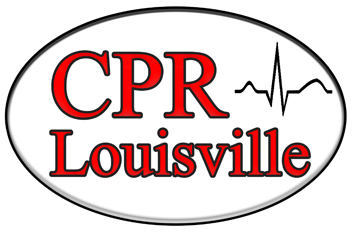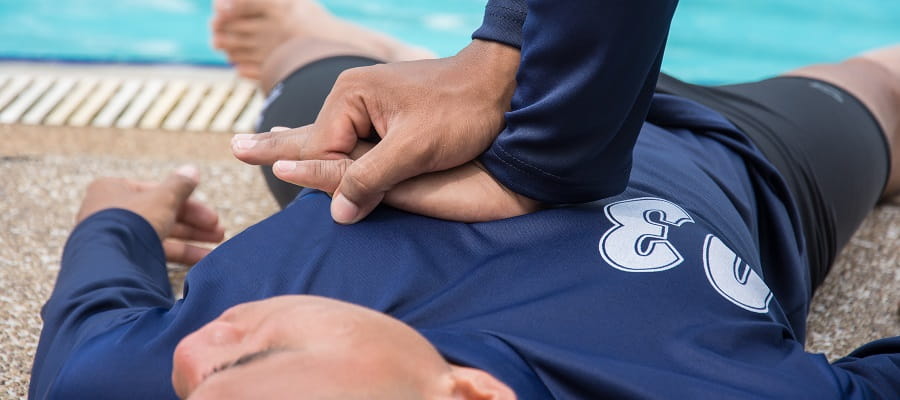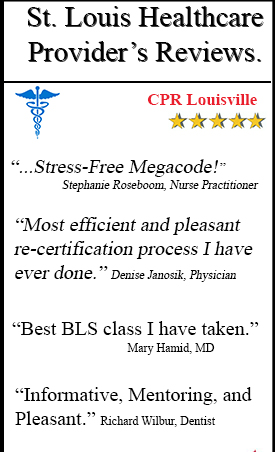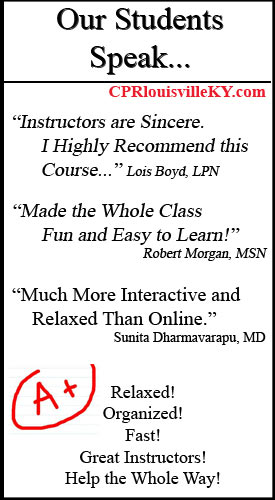In emergency situations, knowing that legal protections are in place can make a significant difference in whether bystanders feel empowered to step in and help. Good Samaritan Laws, enacted across the United States, are designed to protect individuals who offer emergency assistance, encouraging people to help others without fear of legal repercussions. For those taking CPR and First Aid courses at CPR Louisville, understanding these laws can provide extra confidence in knowing they can act without hesitation in life-threatening situations. This article explores the key principles of Good Samaritan Laws, debunks common myths, and highlights the importance of these laws for everyone, especially those trained in emergency response.
What are Good Samaritan Laws?
Good Samaritan Laws are laws that offer legal protection to individuals who assist others in emergency situations. Named after the biblical “Good Samaritan,” these laws are rooted in the idea that society benefits when bystanders are willing to offer aid without fearing potential legal consequences. Originally, Good Samaritan Laws were intended to protect healthcare professionals, but over time, they have expanded to cover anyone who intervenes in an emergency.
One common misconception is that Good Samaritan Laws only protect trained professionals like doctors or nurses. However, these laws are designed to cover all bystanders who provide reasonable aid, whether they are healthcare professionals or laypeople. The primary goal of Good Samaritan Laws is to encourage bystanders to act in emergencies without second-guessing their actions due to liability concerns.
Key Elements of Good Samaritan Laws
Good Samaritan Laws share several key elements that outline the conditions under which protection is granted. These components ensure that those offering help are covered when acting responsibly and with good intentions:
- Voluntary Aid: To qualify for protection under Good Samaritan Laws, assistance must be offered voluntarily and without any expectation of compensation. This means that individuals who step in to help cannot expect to receive payment or rewards in exchange for their assistance.
- Reasonable Care: Reasonable care refers to the level of caution and responsibility that an ordinary person would exercise in a similar situation. In emergencies, Good Samaritan Laws typically protect individuals who act in a manner that is reasonable under the circumstances, even if the results are not perfect.
- Good Faith: Assistance must be given in “good faith,” meaning that there is no intent to harm the individual in need. Acting in good faith implies that the bystander’s primary motivation is to help rather than cause harm.
- Consent: Obtaining consent, when possible, is essential to Good Samaritan Laws. If the person in need is conscious and able to respond, the bystander should ask for permission to assist. However, if the person is unresponsive, consent is assumed, and the bystander may proceed with providing aid.
- Scope of Protection: Good Samaritan Laws cover a range of emergency responses, including CPR, first aid, and other basic interventions. While they offer significant protection, these laws generally only apply to actions within the scope of basic emergency care and not to more advanced medical procedures.
Good Samaritan Laws and CPR/First Aid
For individuals who are certified in CPR or first aid, Good Samaritan Laws offer reassurance that they can use their skills without fear of legal liability. When performing CPR or first aid, the aim is to provide life-sustaining interventions, and Good Samaritan Laws help ensure that certified individuals are protected as they administer these potentially lifesaving techniques. CPR Louisville’s certification courses in CPR and first aid are designed to equip participants with the skills and confidence they need to provide effective care, knowing that the law is on their side when they act responsibly.
Even if someone has not received formal certification, they can still feel confident in using an AED or performing CPR in an emergency. These laws recognize the importance of prompt action in emergencies, protecting bystanders regardless of whether they have been trained. However, training can further increase confidence and effectiveness in delivering emergency care, which can make a critical difference in outcomes.
Limitations and Exemptions
While Good Samaritan Laws offer broad protection, there are certain limitations and exemptions. For instance, the laws generally do not apply in cases of gross negligence or reckless behavior, which is defined as acting in a way that is far below the accepted standard of care. For example, if someone performs CPR in a way that is harmful or negligent, they may not be protected under these laws.
Additionally, healthcare professionals or first responders may be held to different standards of care, especially if they are acting within their professional capacity. While bystanders are generally protected as long as they act reasonably, professionals might have more specific legal obligations based on their training and certifications. Furthermore, if a bystander attempts advanced medical procedures outside the scope of basic first aid, the protection offered by Good Samaritan Laws may not apply.
Why Good Samaritan Laws Matter for Healthcare Providers
Good Samaritan Laws also play an essential role for healthcare providers, particularly when they are off-duty or outside of a clinical setting. For example, an off-duty nurse or doctor may feel hesitant to act in an emergency, fearing potential liability. Good Samaritan Laws encourage healthcare providers to use their training and skills by providing reassurance that their actions will be legally protected as long as they act responsibly.
Certifications such as Basic Life Support (BLS), Advanced Cardiovascular Life Support (ACLS), and Pediatric Advanced Life Support (PALS) from organizations like CPR Louisville equip healthcare providers with the necessary skills to handle a wide range of emergencies confidently. Knowing that Good Samaritan Laws protect them outside of formal medical settings allows these providers to assist in emergencies without hesitation.
State-Specific Variations of Good Samaritan Laws
Good Samaritan Laws vary slightly by state and region, with some states offering broader or more specific protections. For instance, Kentucky’s Good Samaritan Law protects those who offer emergency care in good faith, covering basic lifesaving techniques like CPR and first aid. However, individuals need to familiarize themselves with their state’s specific provisions, as there may be unique requirements or stipulations.
Understanding these differences can be particularly useful for individuals who travel frequently or provide care in multiple states. Familiarity with local Good Samaritan Laws ensures that people know their rights and protections, regardless of where they may be in an emergency.
Understanding Good Samaritan Laws is vital for anyone who may find themselves in a position to offer emergency assistance. These laws are in place to encourage lifesaving actions by removing the fear of legal repercussions and helping individuals act quickly and confidently when every second counts. For those taking CPR and first aid courses, knowing that the law supports their efforts can reinforce their commitment to learning and applying these essential skills.
Whether you’re a bystander with basic first aid knowledge or a certified healthcare provider, Good Samaritan Laws provide the legal foundation for acting without hesitation. To further increase your readiness, consider enrolling in a CPR or first aid course with CPR Louisville. Proper training not only increases your competence in emergencies but also ensures that you’re fully prepared to respond effectively. Taking the initiative to gain certification today can prepare you to save a life tomorrow.






